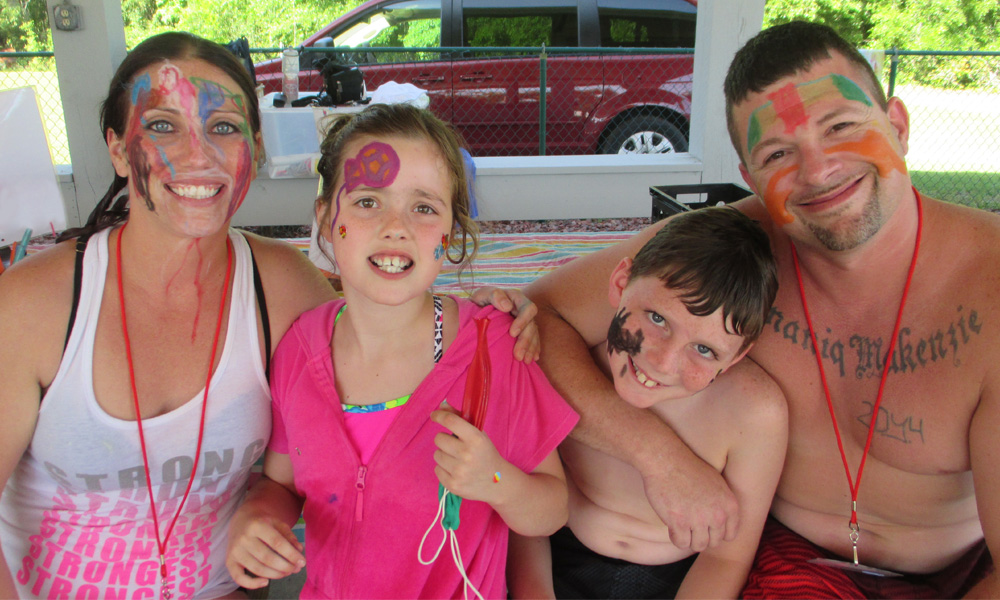
Autism Awareness Month
April is Autism Awareness Month and we are proud to invite our friends and family to come together and pledge to go blue to increase global understanding and acceptance of people with autism. Autism or autism spectrum disorder (ASD) refers to a broad range of conditions characterized by challenges with social skills, repetitive behaviors, speech, and nonverbal communication. According to the Centers for Disease Control, autism affects an estimated 1 in 59 children in the United States.
We know that there is not one type of autism. The disorder includes many subtypes, mostly influenced by a combination of genetic and external environmental factors. Since autism is a spectrum disorder, each person with autism is unique and no two sets of gifts or challenges are the same. Many factors may impact the development of autism, and it is often accompanied by sensory sensitivities, medical issues, as well as mental health challenges. Indicators of autism usually appear by age 2 or 3, with some associated development delays appearing as early as 18 months. Research shows that early intervention leads to positive outcomes later in life for people with autism.
One of the most important things you can do as a parent or caregiver is to be familiar with the typical developmental milestones that your child should be reaching and be aware of early signs of autism. Not all children with autism show all the signs and many children who don’t have autism can show a few. That is why professional evaluation is crucial. If a child exhibits any of the following, do not hesitate to ask your pediatrician or family doctor for an evaluation or screening.
By 6 months
- Very few or no big smiles or other warm, happy and engaging expressions
- Limited or no eye contact
By 9 months
- Little or no back-and-forth sharing of sounds, smiles or other facial expressions
By 12 months
- Little or no babbling
- Little or no back-and-forth gestures such as pointing, showing, reaching or waving
- Little or no response to name
By 16 months
- Very few or no words
By 24 months
- Very few or no meaningful, two-word phrases (not including imitating or repeating)
At any age
- Loss of previously acquired speech, babbling or social skills
- Avoidance of eye contact
- Persistent preference for solitude
- Difficulty understanding other people’s feelings
- Delayed language development
- Persistent repetition of words or phrases (echolalia)
- Resistance to minor changes in routine or surroundings
- Restricted interests
- Repetitive behaviors
- Unusual and intense reactions to sounds, smells, tastes, textures, lights, and colors
What caused the disorder? After diagnosis, this question is commonplace. We know that there is no one cause of autism. Research suggests that autism develops from a combination of genetic and nongenetic, or external environmental influences. Autism can reliably be diagnosed by age 2, but the average age of diagnosis in the U.S. is around the age of 5.
At Deliver the Dream, we are proud to raise awareness about early screening and early intervention. We know that being a parent is hard work, and one of the most important jobs as a parent is to help our children grow and become the best that they can possibly be. Deliver the Dream retreats provide structured, therapeutic, fun activities while offering support to regain strength in mind, spirit, and family. This year, our annual Autism Spectrum Disorder Family Retreat will take place the weekend of August 23rd, 2019 at the Cerveny Conference Center in Live Oak, Florida. We feel fortunate to be able to create a safe and comfortable environment adapted for a weekend of family fun for all participants in attendance. If you know a family who has a child with an autism spectrum disorder, contact us for more information about this very special retreat.
Categorised in: Awareness
